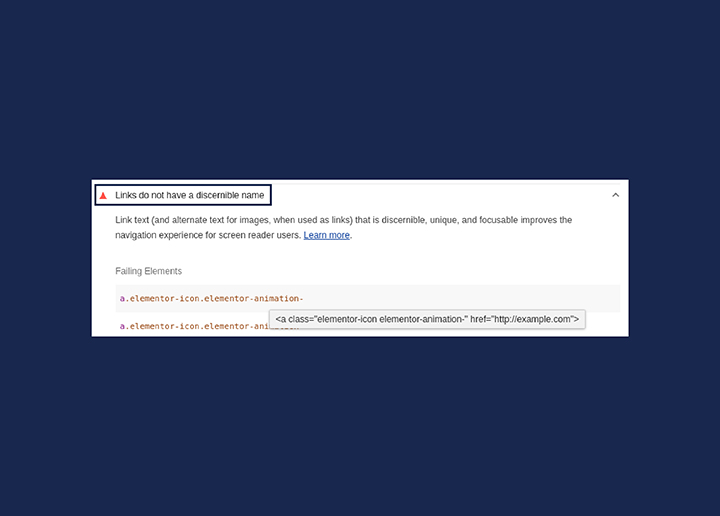In the context of SEO, a bad neighborhood is a collection of related websites that have a negative reputation and low search ranks. Search engines frequently reduce the rankings of pages that are considered bad neighbors in the search results so that they do not degrade the quality of search results by showing up higher in the results than they should.
These websites either don’t appear or are very low in the search results. If your website has links to these websites, it will hurt your rank in the search results since they are connected to undesirable areas.
How do you define a “bad” neighborhood?
Faulty links: These links are referred to as poor PPC and lead to undesirable online content (pills, porn, and casinos). Remove yourself from that neighborhood if your website has links to other websites that also have links like this.
A surplus of external connections: A webpage is said to be in a bad neighborhood if it has many references to other websites. This also applies to links to websites with material unrelated to that the originating site. Most websites won’t need to worry about having too many external links. Still, if you have more than what would be considered an acceptable quantity, it may appear that other domains are using your site for unethical link-building techniques.
Due to its actions, a site may be seen as a bad neighborhood or might be connected to undesirable locations and perceived as a part of that area. Outbound connections to questionable websites may lower a site’s reputation. A site will also be in bad standing if it connects to sites that often deceive visitors with misleading headlines and irrelevant links.
Spam: These websites have irrelevant comments or information that detracts from the site’s value. On a website, it’s crucial to control spam before artificial links form.
A few factors to consider while selecting a bad neighbor are:
- Links to questionable websites
- Have a high ratio of links to content.
- Lack of moderation and link spam.
- A surplus of ads.
- Bad content writing.
Websites that connect to them have a poorer reputation due to bad neighborhoods. A trustworthy website could have premium content; even if it connects to a bad neighborhood or even just one bad neighbor, it will still be ranked lower even if it is well-optimized for search engines and doesn’t try to trick search algorithms. However, because it is acknowledged that a site has little control over which sites link to it, a site is often not punished for inbound connections from questionable areas.
To prevent affiliation from harming a website’s reputation, blocklists and link exchange systems for screening bad neighborhoods might be helpful. An index search of the website may be used to aid in establishing whether a site is a bad neighbor. The website address and suffix can be entered straight after “site:” without a space to execute a Google index search.
Avoid connecting to the site if the search produces no results since the search engine probably bans it.
Interested to know more about this topic? Head to Seahawk Media for the best info.


















